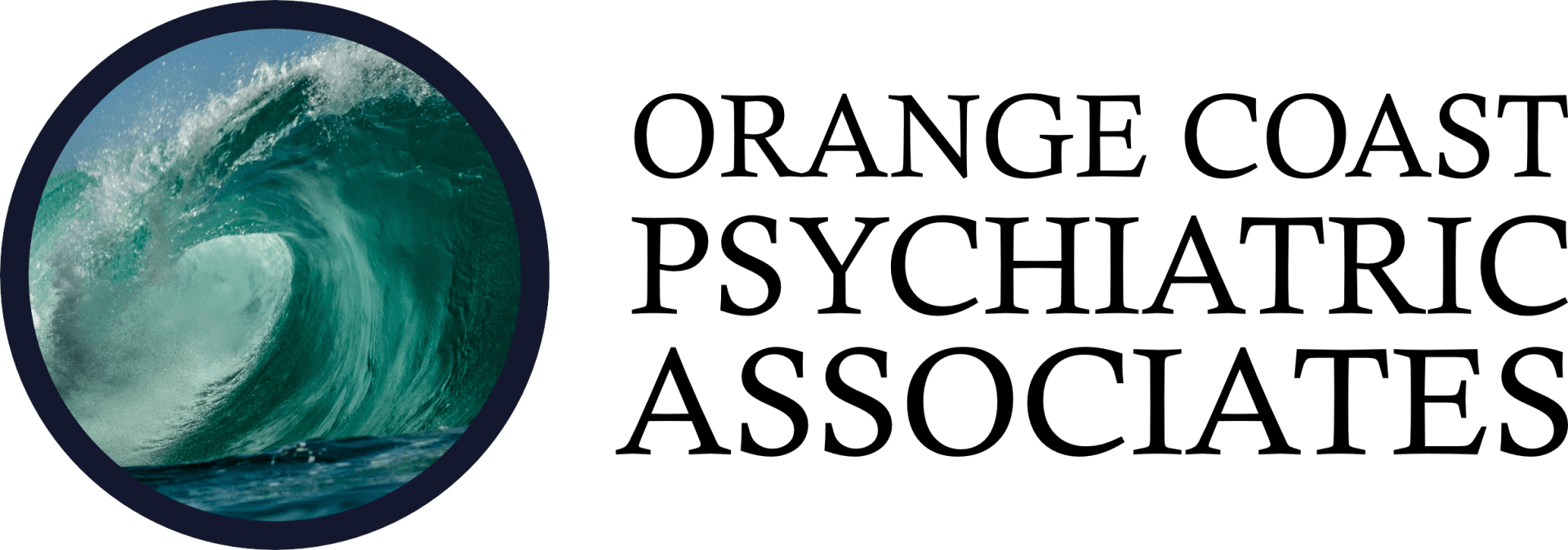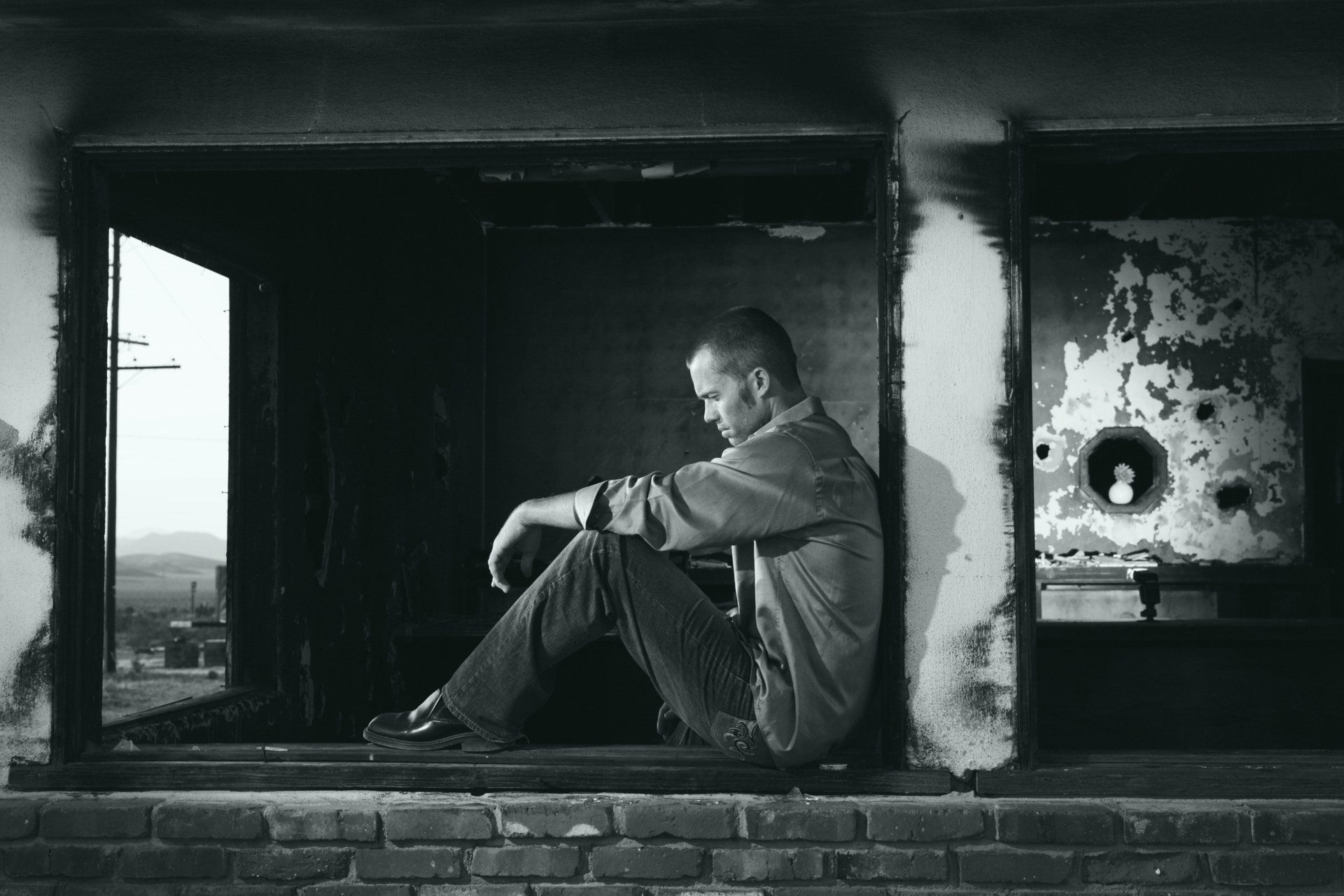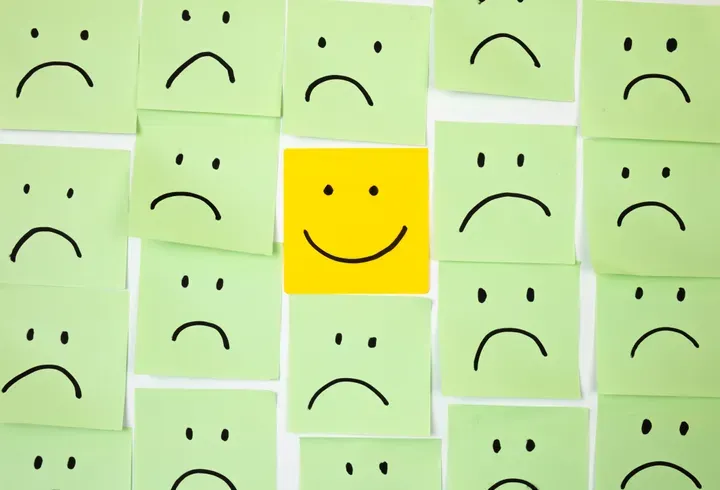News & Articles
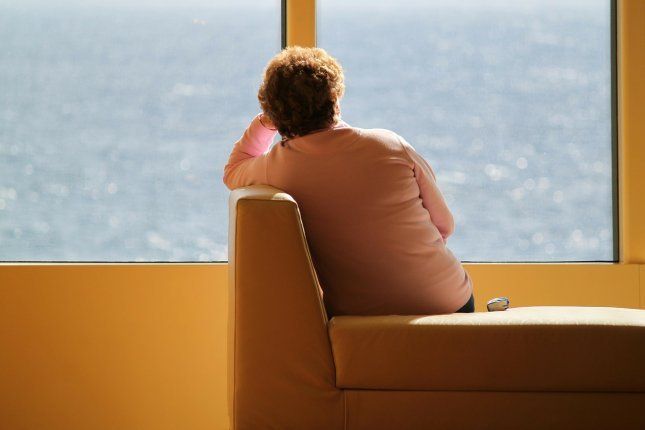
(UPI) -- People with mental health disorders are up to twice as likely to die earlier from chronic conditions such as heart disease and diabetes than those without them, a study published Thursday by PLOS Medicine found. Among people with psychiatric disorders such as anxiety, depression, bipolar disorder, substance use disorder and schizophrenia, 21% died within five years of being diagnosed with heart disease, diabetes or breathing problems, such as chronic obstructive pulmonary disease, the data showed. Of those without diagnosed mental health disorders, 9% died within five years of learning they had one of these chronic conditions, the researchers said. Compared with unaffected siblings, people with mental health disorders were about seven times more likely to die within five years of being diagnosed with a chronic physical health condition and nearly nine times more likely to die by suicide within that time frame, according to the researchers. Of all the participants in the study, 7% died of any cause within five years of being diagnosed with a chronic condition and 0.3% died by suicide, they said. "We used electronic health records to investigate over 1 million patients diagnosed with chronic lung diseases, cardiovascular diseases and diabetes," study co-author Dr. Seena Fazel said in a press release.

Teens who spend more time on social media could be far more likely to developing eating disorders. According to new research teens who spend just 30 minutes a day could have increased feelings of anxiety, depression, loneliness and notably poor self-image, the latter of which could lead to unhealthy eating behaviors. Researchers in Australia, lead by Dr. Simon M. Wilksch of Flinders University , looked at the effect that social media had on body image, and the results of the study were published in the International Journal of Eating Disorders. It found that eating disorders "were reported by 51.7% of girls and 45.0% of boys, with strict exercise and meal skipping the most common. A total of 75.4% of girls and 69.9% of boys had at least one SM (social media) account where Instagram was the most common, used by 68.1% of girls and 61.7% of boys." The research found that it wasn't one particular form of social media that could be leading to the eating disorders either. Girls in the study, who may be prone to eating disorders, were more likely to use SnapChat and Tumblr, while boys also used Snapchat, but were more active on Facebook and Instagram.

It’s normal to feel concerned about coming down with COVID-19. But if your concern leads to obsessive thoughts about the virus, panic attacks, or crying spells, you could be dealing with illness anxiety disorder. Before the COVID-19 pandemic struck, many people probably recall being out and about in public without significant fears of coming down with an illness. Now that time may seem long in the past. Some amount of worry related to the pandemic is normal, especially when it comes to protecting yourself from the virus. But if you’re constantly feeling distressed or questioning whether even the slightest things happening in your body are signs of COVID-19 or another potentially life-threatening illness, you could be dealing with illness anxiety disorder (IAD), also known as hypochondriasis. If you’re unsure whether you’re experiencing healthy concerns or symptoms of IAD, the difference between the two comes down to a few key factors.
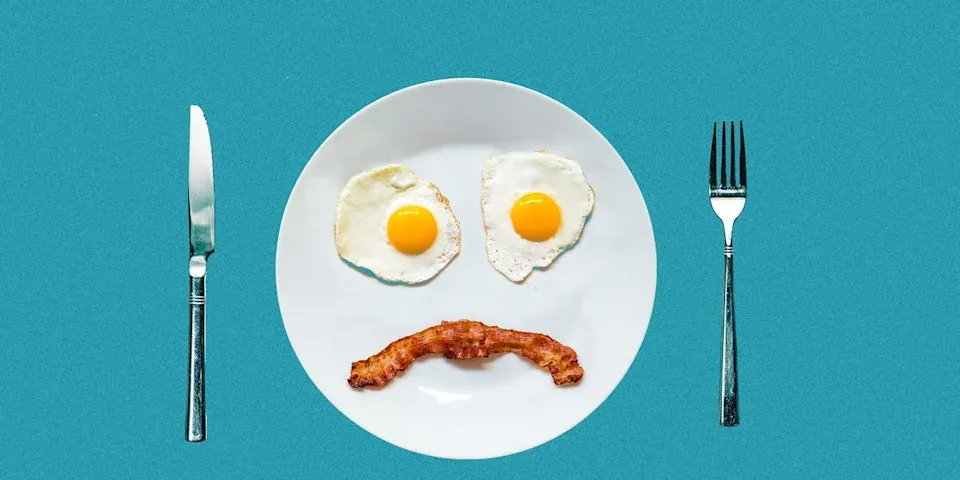
The first time I experienced depression, it was as crippling as everyone had described. It’s one of those things that sounds awful in theory, but until you experience it yourself, you don’t know how absolutely debilitating it can be. But the most shocking part for me was my loss of appetite. All of a sudden, I found myself smack dab in the middle of a cliché, lying on the kitchen floor with dried tears on my cheeks and no room in my stomach for anything other than complete and total sadness. As someone who has loved food their entire life, and even plans their day around food, this was new. Physically, I could hear my insides screaming for nourishment , for food, but mentally, I had no will to eat—and especially no desire to cook. There were times when I would go the whole day without putting anything in my body. According to Dr. Drew Ramsey, author of Eat to Beat Depression and Anxiety , this is common for people who deal with depression. “Changes in appetite and changes in weight are part of the diagnostic criteria for depression,” he told me. Because depression is such a complex illness that much of the medical world is still learning about, “there’s a lot that remains to be understood,” he noted. “Oftentimes people think about it as just an illness related to serotonin, and it's much more complex than that,” he said. Although research has shown that your microbiome and hormones can affect your levels of depression and vice versa, there isn’t one thing experts can pinpoint to explain a loss of appetite in times of depression. This was frustrating when I was experiencing it, as there was no magic solution to give me my appetite back. But one thing that did help was finding a depression meal. If you’re someone who has dealt with depression, and the lack of appetite that can come with it, then you are familiar with these meals. They are easy, quick, very low effort dishes you can whip up and consume when you find yourself where I was. On social media, people will share their go-tos, ranging from buttered pasta to frozen pizza rolls to low-effort nachos . “When you're depressed, it can seem like the hardest thing in the world to do is muster up the energy to cook a meal or take care of yourself,” Danielle Allen, a dietician and TikTok creator, told me. She herself struggles with a fluctuating appetite due to anxiety and depression and shares her depression meals in those moments. “Get away from the idea of what you have to eat,” she advised. “Instead, my goal is just to feed myself, just get energy in my body. Focusing on eating as the first priority in that depressive episode can be a really helpful thing to do. And so picking something simple, that's not going to have a lot of barriers, is usually the strategy I recommend.” So the goal in times when I don’t want to eat is not to eat healthy, but to just eat. Something, anything. When I’m in those moments, often it’s not even about tasting the food, but about getting it into my body. I have to overcome that aversion knowing that afterwards, I’ll feel a little bit better. And if that food also brings me a smidge of serotonin in the moment, even better. Annie’s White Cheddar mac and cheese does that for me, because I know I can muster up the little amount of strength it takes to make it, and it brings me a little burst of joy. For Nicole DiMascio of the popular account, Dope Kitchen , it’s deli turkey. Normally, you can find her cooking up healthy and delicious meals while “getting baked in the kitchen,” but one day, she shared her struggles with eating while depressed with her followers. “I go through a lot of mood swings where like some days I'm super organized, and then one thing will happen that kind of derails all of my progress,” Nicole said in an interview with me. “I need to just be gentle with myself and remind myself that it's okay to not always be positive.” Her candid post resonated with her followers. “One of the most touching and heartwarming things was hearing people say that opening up about my appetite during depression and my journey helped other people feed themselves and that it was just a great reminder to nourish their bodies even if their mind wasn't in the right place,” she said. We are living in strange times. The ongoing pandemic has affected just about every part of our world and isolated many, leading more people to experience depression and anxiety. But being able to go on social media helps me see that I am not alone in my depression and knowing that the first goal is to eat brings a small tinge of comfort. However, it’s certainly not a replacement for mental health care, so if you are in need of help, check out the resources below. SAMHSA’s National Helpline National Institute of Mental Health
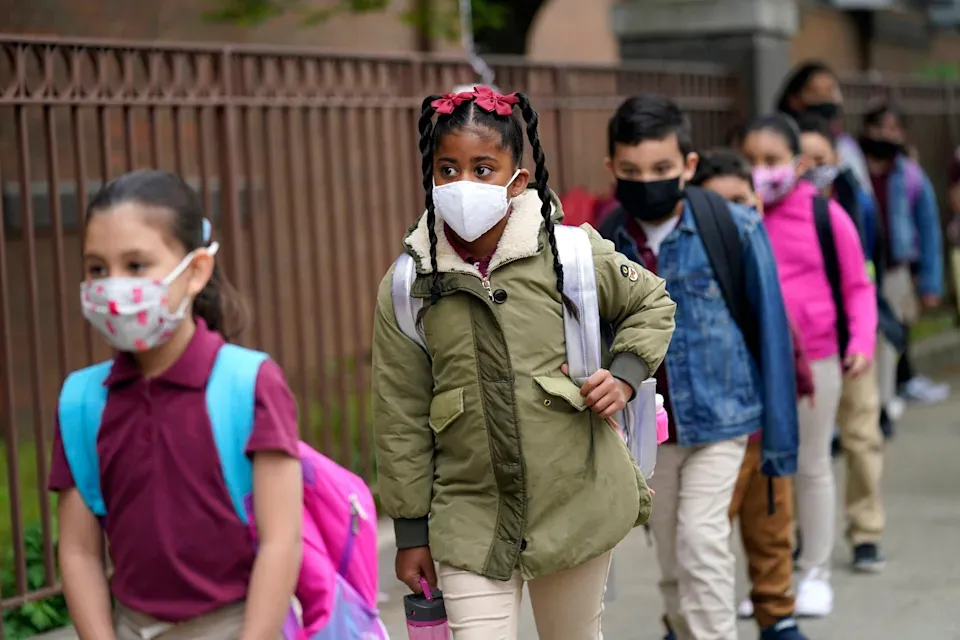
(CNN)The Covid-19 pandemic has had a devastating impact around the world, causing millions of deaths and leading to many more people becoming severely ill and losing loved ones. It also has led to many mental health impacts, including on children and adolescents. Examining the impact on children in 11 countries, a January study in the journal JAMA Pediatrics found that kids experienced increased anxiety, depression and other mental health impacts that are associated with school closures and lockdowns. Another study published in June by the US Centers for Disease Control and Prevention found that suicide attempts among adolescent girls have increased during the pandemic. What are some signs that your child may need help? What should parents do to address the continuing impact on children's mental health? What about kids who are anxious about resuming pre-pandemic activities? To help us with these questions, I spoke with CNN Medical Analyst Dr. Leana Wen, an emergency physician and professor of health policy and management at the George Washington University Milken Institute School of Public Health . She is also author of " Lifelines: A Doctor's Journey in the Fight for Public Healt h," and the mother of two young kids.
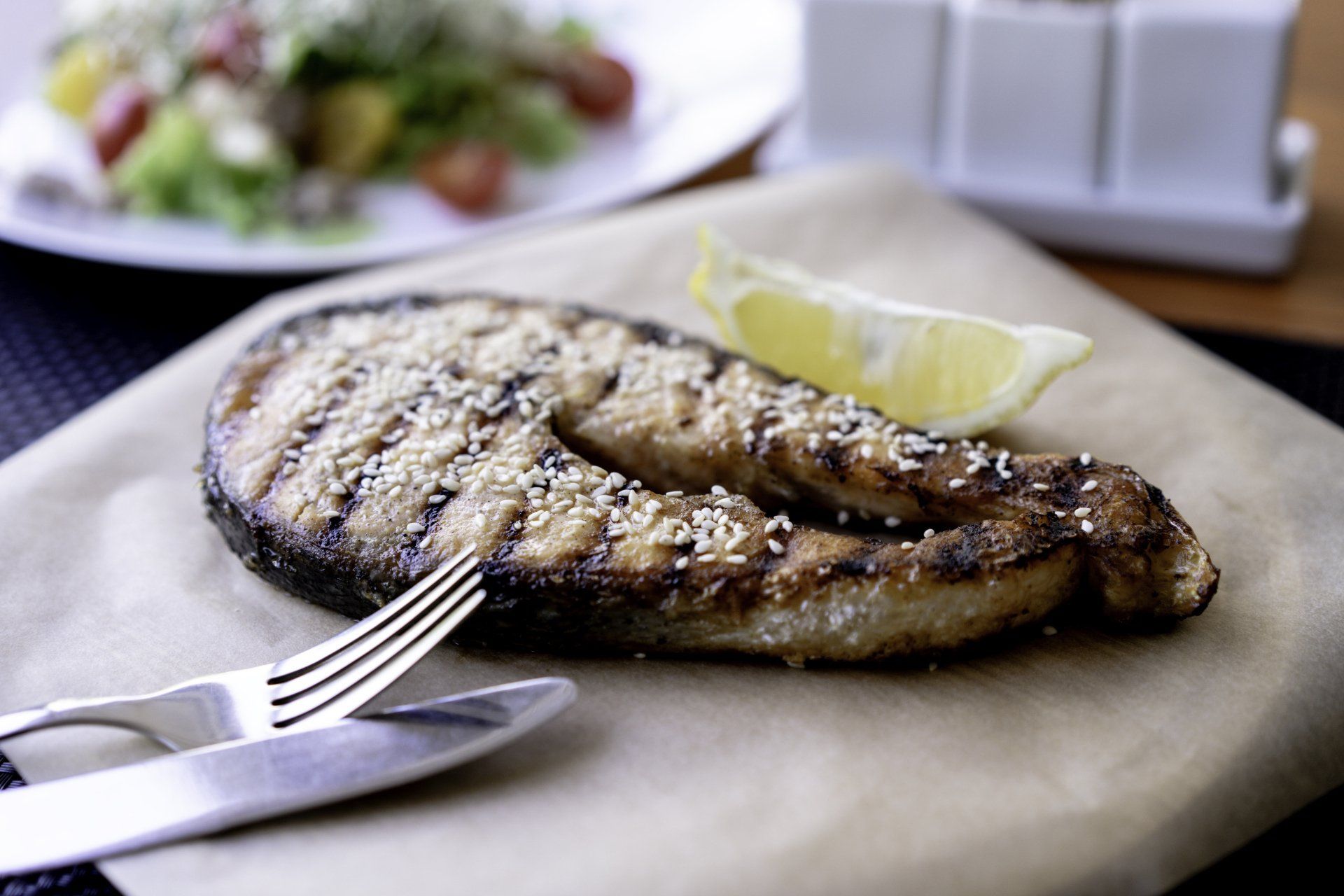
More than 80 people with bipolar disorder participated in a study in which half of them received diet counseling and ate specific foods for 12 weeks. The researchers decreased the experimental group’s consumption of omega-6 fatty acids by limiting red meat, eggs, and certain oils and increased their consumption of omega-3 fatty acids by adding flaxseed and fatty fish. The participants completed twice daily surveys about their mood, pain, and other symptoms on smartphones. Those who followed the experimental diet showed improved mood variability. A study in the journal Bipolar Disorders suggests that individuals with bipolar disorder who adjust their intake of specific fatty acids may experience less variability in their moods. Nearly 3% of people in the United States have a diagnosis of bipolar disorder, according to the National Alliance on Mental Illness . People with this condition may experience dramatic shifts in their moods, energy levels, and sleep patterns. These shifts in mood may include manic or hypomanic episodes , during which the person feels extreme elation or irritability. During episodes of bipolar depression , they may experience feelings of sadness and hopelessness. Several studies have suggested that there may be a relationship between the consumption of seafood rich in omega-3 fatty acids and a lower prevalence of bipolar disorders. However, studies looking at the effects of fish oil supplements on the condition have found no such link. Dr. Erika Saunders , an author of the study and professor and chair of the Department of Psychiatry and Behavioral Health at Penn State Health Milton S. Hershey Medical Center , explained the design of the study to Medical News Today. She said that the researchers wanted to see whether making a dietary change “for a very specific biological reason could alter mood stability or improve mood variability” in people with bipolar disorder.
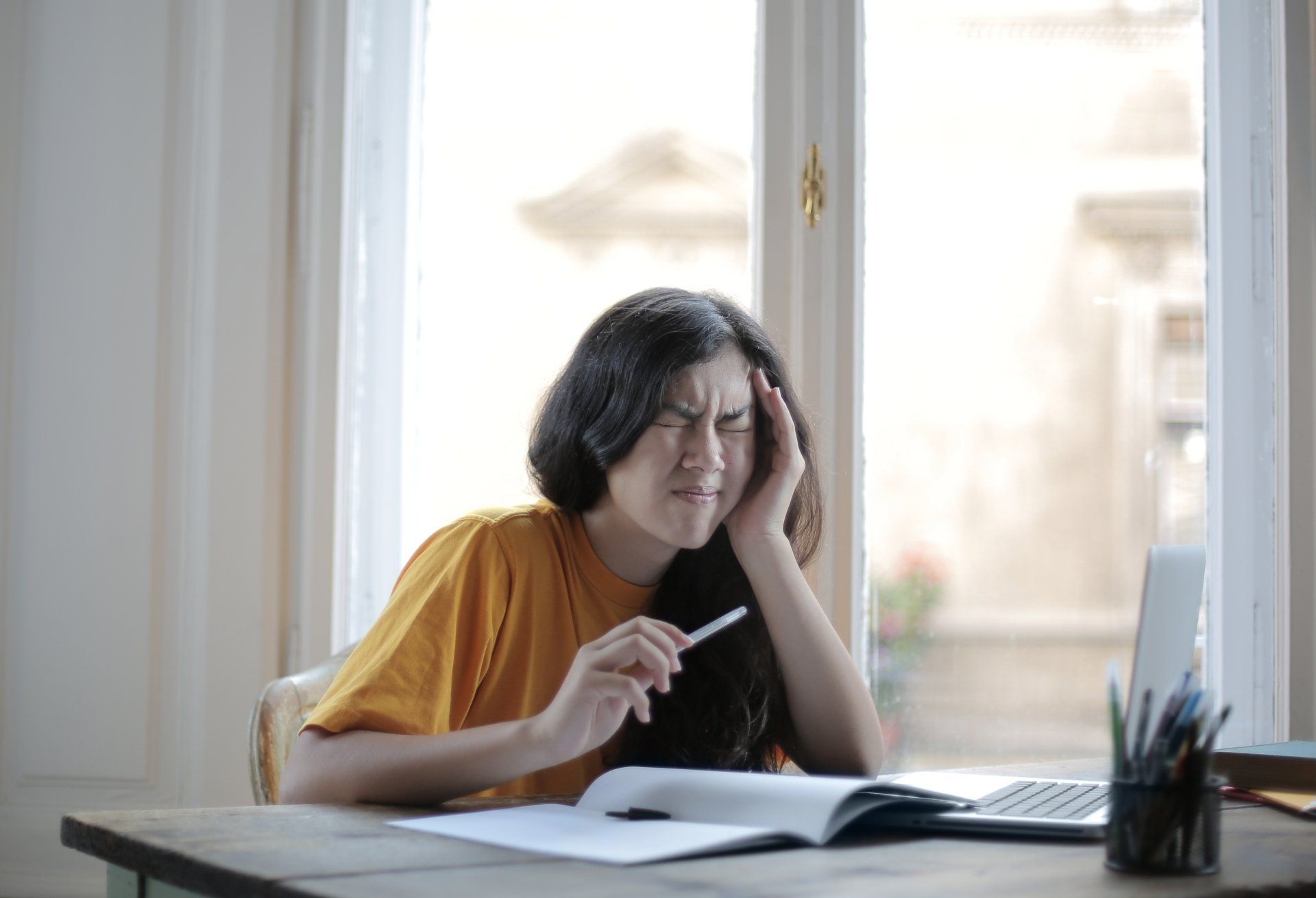
Colder and darker days mean many Americans are beginning to feel the effects of seasonal affective disorder, or SAD. As we head into another pandemic winter, SAD can make it more difficult to manage COVID-19 anxiety. Several coping mechanisms can help ease symptoms of both seasonal affective disorder and COVID-19 anxiety. As the days get darker and temperatures dip in most areas of the country, many Americans are beginning to feel the effects of seasonal affective disorder, or SAD. SAD is a type of depression that typically comes on in the fall and winter months. It leads to mood changes and other symptoms of depression. “It’s an annual decrease in mood and can lead to feeling lethargic, difficulty sleeping, poor appetite, and weight loss” explained Adam Borland , PsyD, a psychologist at the Cleveland Clinic. “Some people experience agitation and anxiety, and it really stems from the change in weather, the lack of sunlight, and the cold dreariness in certain areas of the country.” SAD is quite common. The National Institute of Mental HealthTrusted Source reports millions of Americans have SAD, though many might not know they have it.
